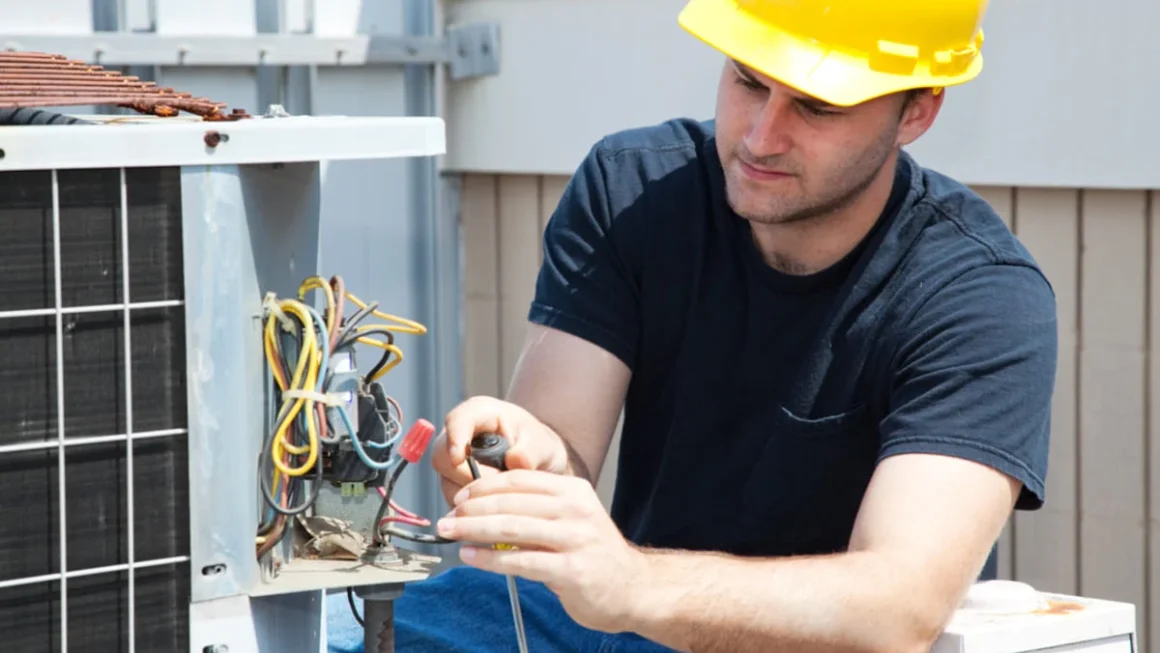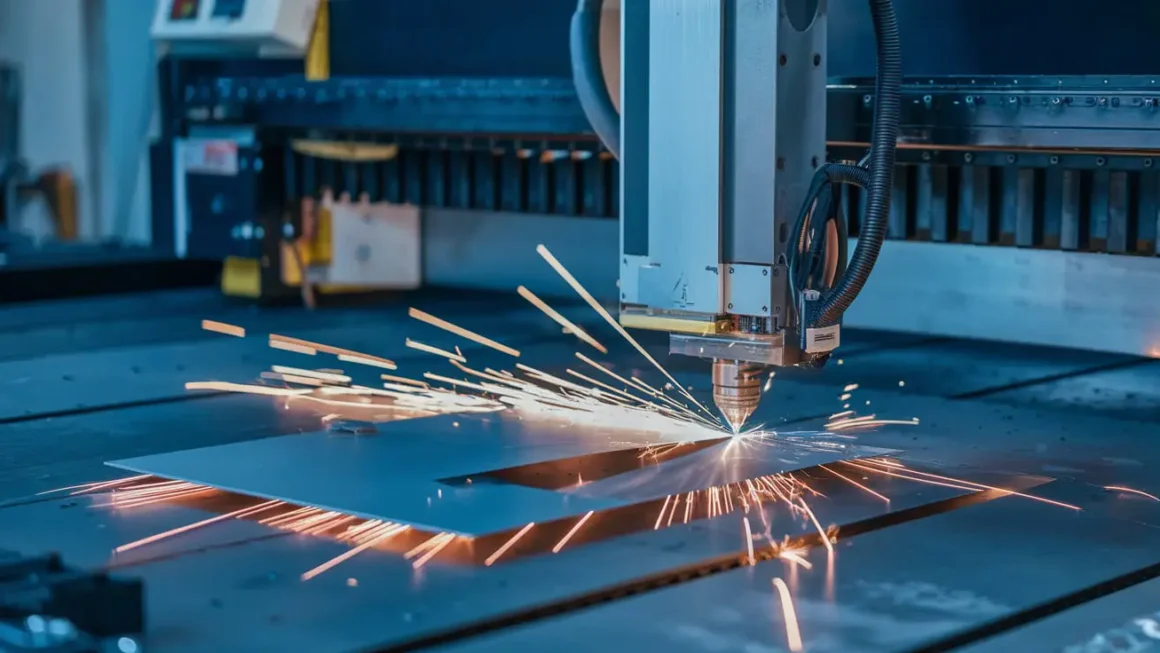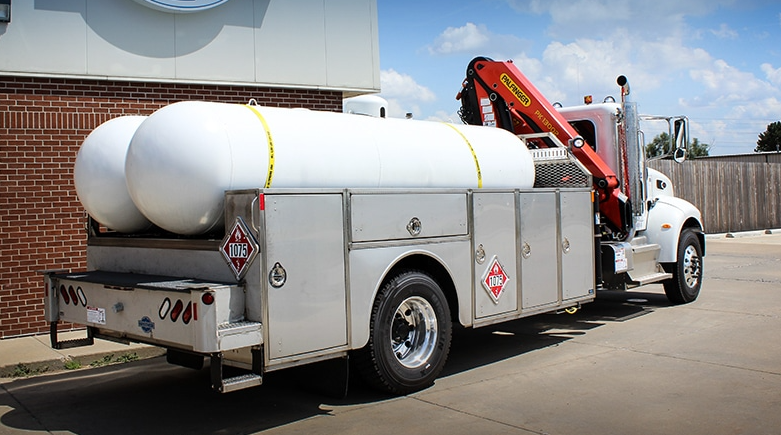Effective maintenance of a commercial property’s major systems is crucial for ensuring operational continuity, tenant satisfaction, and long-term asset value. Unlike residential upkeep, commercial maintenance deals with larger, more complex systems that incur significant costs if neglected.
A proactive, scheduled maintenance plan prevents sudden failures, optimizes energy consumption, and extends the lifespan of expensive equipment.
By focusing attention on mechanical, electrical, and structural integrity, property managers can minimize downtime and create a safe, efficient environment for all occupants.
Regular Commercial Roofing Inspections
The roof is the first line of defence for any commercial structure. Regular inspections, ideally twice a year (spring and fall), are necessary to identify potential leaks, damage from weather, or wear around penetrations like vents and skylights.
Small cracks or compromised flashing can lead to extensive and costly interior damage if left unaddressed. Professionals can assess the membrane, check drainage systems, and make minor repairs quickly, which is far more economical than dealing with a large-scale water infiltration emergency.
Preventative HVAC Maintenance and Timely Air Conditioning Repair
The heating, ventilation, and air conditioning (HVAC) system is arguably the most critical and energy-intensive system in a commercial building. Neglecting it leads to high energy bills and tenant complaints.
Implement a comprehensive maintenance contract that includes quarterly checks. This preventative approach helps to address issues before they cause system downtime.
Specifically, timely air conditioning repair for cooling components—such as compressors, coils, and fans—is vital during warmer months to maintain internal comfort and prevent system burnout.
Electrical System Load Balancing and Safety Checks
Commercial electrical systems manage a massive load and require periodic professional inspection for safety and efficiency. Services should include thermographic inspections to identify hot spots in panels, which indicate loose connections or overloading.
Additionally, load balancing ensures the power is distributed evenly, preventing premature equipment failure. Maintaining current building codes and scheduling this maintenance protects the property from electrical fires and ensures power reliability for business operations.
Hydraulic Health and Strategic Heating Repair
During colder seasons, the heating system is essential for operational comfort. For boiler and furnace systems, preventative maintenance should focus on boiler tube inspections, burner cleaning, and pressure checks.
Any required heating repair, such as fixing leaks in hot water loops or replacing worn ignition components, must be addressed swiftly to maintain consistent warmth and avoid frozen pipes. A proactive strategy ensures the system operates at peak thermal efficiency and safety.
Vertical Transportation System Servicing (Elevators/Escalators)
For multi-story commercial properties, elevators and escalators are key operational systems. Regular servicing is not optional; it is mandated by safety regulations.
A qualified technician must perform monthly and annual inspections, lubricating cables, checking brakes, testing safety circuits, and ensuring smooth operation.
Consistent maintenance minimizes breakdowns, reduces tenant disruption, and, most importantly, keeps the vertical transportation compliant with stringent public safety standards.
Fire Safety and Sprinkler System Testing
The fire suppression and alarm systems are the most important safety features in a commercial property. These systems must be meticulously maintained and tested to comply with local codes and insurance requirements.
This includes quarterly visual checks of sprinkler heads, annual testing of the fire pump, and regular battery checks for smoke detectors and alarm panels. Documented, systematic testing ensures that, in an emergency, all components function instantly to protect both the building and its occupants.




